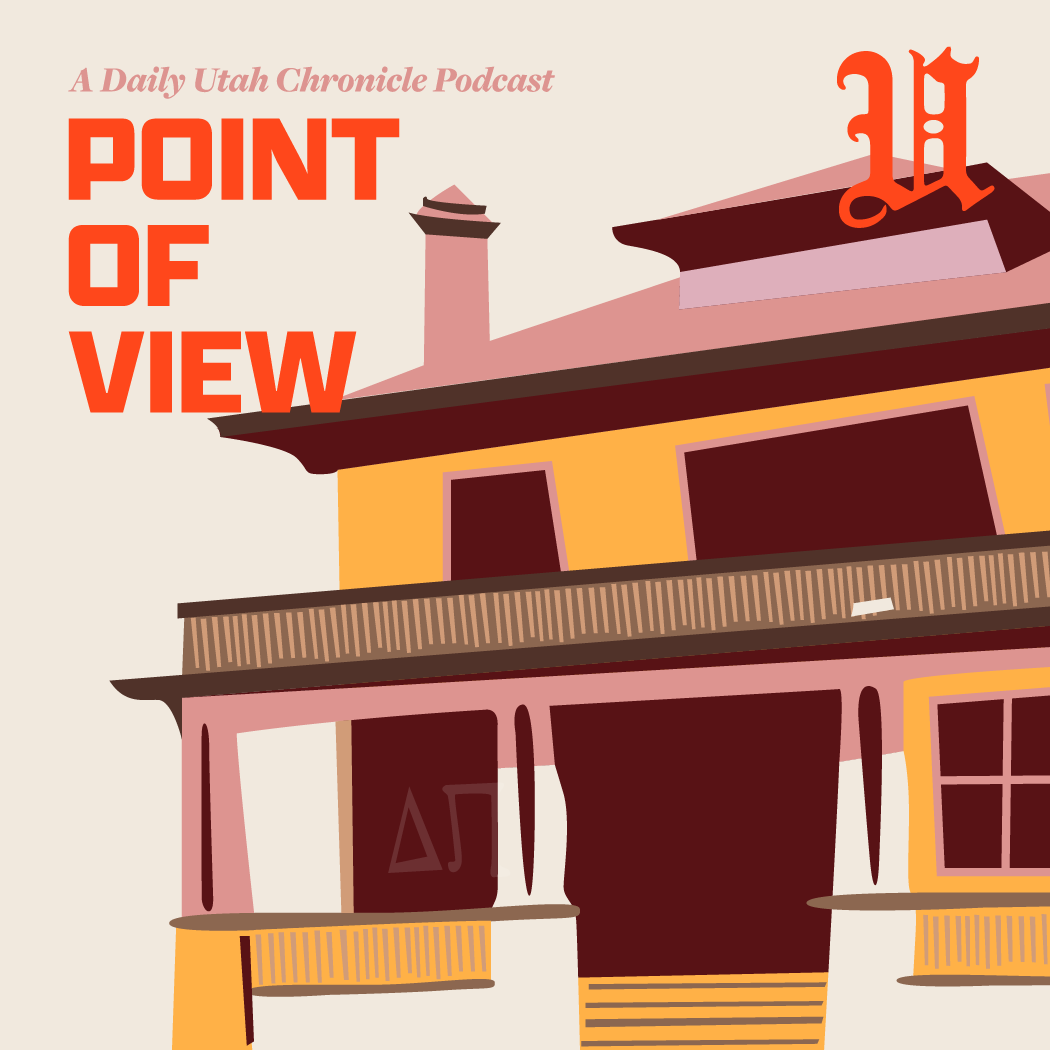
Fiachra Gibbons once said of Stéphane Hessel, “the great [man] is dead — a man who symbolized the best of France having survived the worst of it.”
On Feb. 26, the world lost a magnificent man and a selfless champion of peaceful resistance and human rights. He was a master of teaching ordinary people to resist a government that does not respect the values of its people. We could learn a few lessons from Hessel.
He was born during the Russian Revolution in 1917 in Berlin. He had liberal learning, yet diverse parents — a Christian mother and a Jewish father. When Hessel was 7 years old, his family fled to France as the Nazi regime began to exert its control. He knew from a young age that people should never accept injustice.
Hessel fled France for London to enroll in The National Council of the Resistance, which was founded in secret May 27, 1943, in Paris. The leader of NCR, Jean Moulin, who was appointed by General De Gaulle, utilized Hessel as a covert operator to further the French resistance movement. He later became an Honorary Ambassador to France and a French Diplomat to the United Nations.
He believed wholeheartedly in equality and human rights, and he rallied the young French to get as outraged as those fighting against them. Outrage, that is, facilitated through non-violent resistance.
Hessel was captured by the Gestapo in 1944. He was sent to the barbaric Buchenwald concentration camp for Christians. Even as the prisoners were being slaughtered, starved and dying from typhus, Hessel organized resistance factions.
His ambition was detected, and he was to be hanged. The day before the execution was to take place, a fellow French prisoner, Michel Boitel, died of typhus. He was able to switch clothing and identification with Boitel, which saved his life.
Upon release, a besieged Hessel quickly regained his strength and went on to co-draft the single most important document in recent history: the Universal Declaration of Human Rights, which passed the United Nations General Assembly on Dec. 10, 1948.
He was intensely critical when it came to the French treatment of immigrants and migrant workers in France, and even more so regarding Israel’s repression and occupation of the Palestinian people. Both are areas in which we could learn from his humane, reasoned example. He traveled to the West Bank and stood at the checkpoints with the native Palestinians to experience the abuse first hand, matching his words with his actions, which also provides a valuable lesson for activists today.
The height of rage for Hessel came over the past decade, when he saw rapid stratification in America, a result of capital market terrorism and unbridled factious control. He wrote a small book to promote the need for outrage and non-violent resistance.
In a 35-page manifesto in 2010 named “Indignez-Vous!” — in English, “A Time for Outrage!” — Hessel inspired the Arab Spring, the Spanish uprising Indignados, the Occupy Wall Street movement and the internet group referred to as Anonymous.
Four million copies have been sold, and it is now translated into 34 different languages.
He is a Western diplomat whose name and manifesto are chanted with the deepest of adoration within Arab resistance masses spanning from Morocco to Iran. He inspired them — they are outraged and are taking back their power.
Hessel would write, “Take over, keep going and get angry!”
He taught non-violent resistance because “violence turns its back on hope.” His message to the new generation of the world is a noble one: “To create is to resist, to resist is to create.”
I say rest in peace Stéphane Hessel, and I echo his words, “Never give up, never be indifferent, never believe things cannot be changed.” Let’s take a page out of his book and become better fighters and activists.









